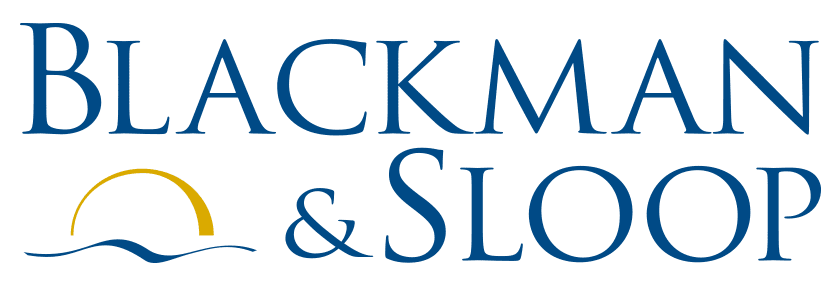Provider Relief Fund Updated Single Audit Requirements
By Carla DeMartini, CPA
What is the Provider Relief Fund?
The Provider Relief Fund (PRF) is the federal program issued under the Coronavirus Aid, Relief, and Economic Security (CARES) Act aimed at supporting eligible health care providers in the battle against the COVID-19 pandemic. The PRF is administered by the Health Resources and Services Administration (HRSA). PRF provides relief funds to eligible providers of health care services and support for healthcare-related expenses or lost revenues attributable to the coronavirus.
There has been considerable time spent by the U.S. Department of Health and Human Services (HHS) in determining how to manage these funds and the timing and nature of audit procedures that would be applicable to these funds. The 2021 Office of Management and Budget Compliance Supplement (Supplement) includes a section on the PRF funds in Part 4, Agency Program Requirements (Assistance Listing 93.498). This section addresses many of the questions related to how and when to report PRF expenditures and lost revenues in both the HRSA reporting portal and on the Schedule of Expenditures of Federal Awards (SEFA).
KEY HIGHLIGHTS
Eligible Expenses Timeline
PRF recipients must use payments only for eligible expenses including services rendered, and lost revenues during the period of availability, as outlined in the table below. Providers must use a consistent basis of accounting to determine expenses. PRF recipients may use payments for eligible expenses incurred prior to receipt of those payments (i.e., pre-award costs) dating back to Jan. 1, 2020, so long as they are to prevent, prepare for, and respond to the coronavirus.
SEFA reporting amounts for PRF, including expenditures and lost revenues, are based upon the PRF report that is required to be submitted to the Provider Relief Fund Reporting Portal.
The table below outlines the deadline to use PRF funds and the timing of when to report expenditures on the HRSA portal. This table is excerpted from Part 4 of the Supplement for Assistance Listing 93.498, Provider Relief Fund.

* HHS has announced that there is a 60-day grace period.
Single Audit and SEFA Considerations
Since the PRF amounts to be reported on a recipient’s SEFA are based on the PRF report that is required to be submitted to the HRSA reporting portal and, due to the fact that the PRF report must be tested by the auditors as part of their testing on the reporting compliance requirement under the Supplement, the timing of the single audit needs to be based on when the recipient has filed the required HHS PRF report.
Thus, for single audits of fiscal year ends (FYEs) prior to June 29, 2021, PRF expenditures and lost revenues should be excluded from the SEFA. For FYEs on or after June 30, 2021, single audits should be delayed until recipients have completed the reporting in the PRF reporting portal.
Summary of SEFA Reporting of PRF for FYEs Covered by the Supplement
For a FYE of June 30, 2021, and through FYEs of Dec. 30, 2021, recipients should report in the SEFA, the expenditures, and lost revenues from the Period 1 PRF report.
For a FYE of Dec. 31, 2021, and through FYEs of June 29, 2022, recipients should report in the SEFA, the expenditures, and lost revenues from both the Period 1 and Period 2 PRF reports.
For FYEs on or after June 20, 2022, SEFA reporting guidance related to Period 3 and Period 4 is expected to be provided in the 2022 OMB Compliance Supplement.
Defining the Entity to be Audited
The reporting entity required for PRF reporting purposes may not align to the reporting entity as defined for financial reporting purposes. It is important to note that the required PRF level of reporting has no bearing on the application of the requirements of 2 Code of Federal Regulations 200.514 for defining the entity to be audited for single audit purposes. Therefore, for single audits that include PRF, the single audit must cover the entire operations of the auditee, or, at the option of the auditee, such audit must include a series of audits that cover departments, agencies and other organizational units that expended or otherwise administered federal awards during such audit period, provided that each such audit must encompass the financial statements and SEFA for each such department, agency and other organizational unit, which must be considered to be a nonfederal entity.
The Supplement notes that as a best practice, recipients of PRF may wish to include a footnote disclosure in the SEFA to identify which providers by Taxpayer Identification Number (TIN) are included in the audit.
Audits of For-Profit Recipients of PRF
The AICPA Governmental Audit Quality Center (GAQC) is still trying to determine the impact and relevance of the above guidance on for-profit recipients related to PRF funding. The GAQC has emphasized to HHS the need for such guidance, and they believe that HHS will be developing additional guidance to address for-profit considerations.
